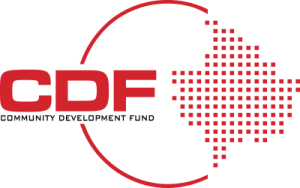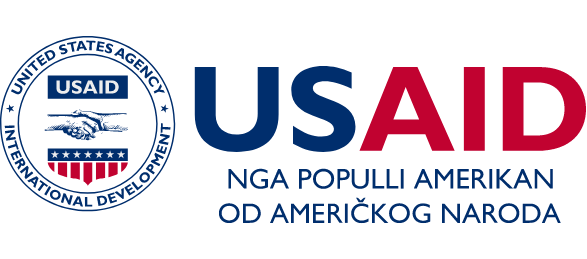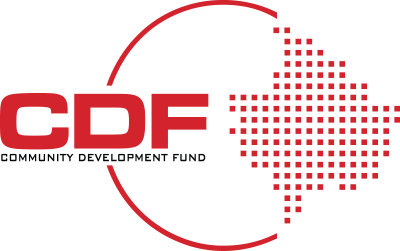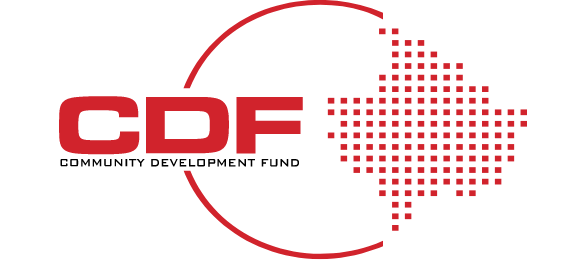Choosing the right type of business entity is one of the foundational decisions that you’ll make as an entrepreneur. The type of business you select not only influences your day-to-day operations but also impacts your tax structure, liability, and even your future growth potential. In Kosovo, there are various types of business structures to choose from, each with its own legal and financial implications. This guide simplifies the types of businesses you can register with the Kosovo Business Registration Agency, making it easier for MSMEs to make informed decisions.
Individual Business (B.I.)
An individual business is a sole proprietorship where the owner bears unlimited liability for all debts.
Example: If you are a freelancer or a single-trader, this might be the simplest form to get started. But remember, your personal and business assets are not separated.
Acronym: “B.I.”
General Partnership (O.P.)
In a general partnership, all partners share unlimited liability for the debts of the business.
Example: If you and a friend start a consulting service together and share responsibilities equally, a general partnership might be suitable.
Acronym: “O.P.”
Partnership (O.K.)
This is a more complex form of partnership featuring both ‘unlimited’ and ‘limited’ partners.
Example: Imagine a venture where some partners contribute capital but don’t participate in the day-to-day running; they would be the limited partners. Those actively involved would be the unlimited partners.
Acronym: “O.K.”
Limited Liabilities Companies (SH.P.K.)
Limited Liability Companies (LLCs) protect owners from personal liability, limiting their losses to their investment in the business.
Example: If you’re planning a venture that might require taking on debt or other financial risks, an LLC provides a safety net for your personal assets.
Acronym: “SH.P.K.”
Joint Stock Companies (SH.A.)
In Joint Stock Companies, the business capital is divided into shares, and shareholders are only liable up to the extent of their contributions.
Example: Suitable for large-scale operations that may go public in the future.
Acronym: “SH.A.” Minimum Charter Capital: At least 10,000 Euro
Foreign Company (Kosovo Branch)
A Foreign Company operates as a branch in Kosovo and is subject to local laws and regulations.
Example: If you already have a business entity outside Kosovo and wish to expand operations into the country.
Label: “DEGA NË KOSOVË” or “KOSOVO BRANCH”
Socially Owned Enterprises
These are enterprises where most of the capital and assets are socially owned and are subject to privatization procedures.
Example: If your enterprise is part of a community-driven initiative.
Regulated by: Kosovo Privatization Agency
Public Enterprises
Public enterprises are state-owned and are established to perform activities of general interest.
Example: Utilities companies often fall under this category.
Acronym: Usually a Joint Stock Company
Agricultural Cooperatives
These are organizations formed by farmers who contribute private property to a shared capital.
Example: If you and other farmers pool resources to market or distribute agricultural products.
Minimum Capital: At least 10 Euro per share
Understanding the nuances of each business type is crucial for long-term success. Your choice will have legal and financial ramifications, affecting everything from your tax returns to your personal liability in the business. As always, while this guide provides a general overview, consult with legal and financial advisors for advice tailored to your specific situation.








